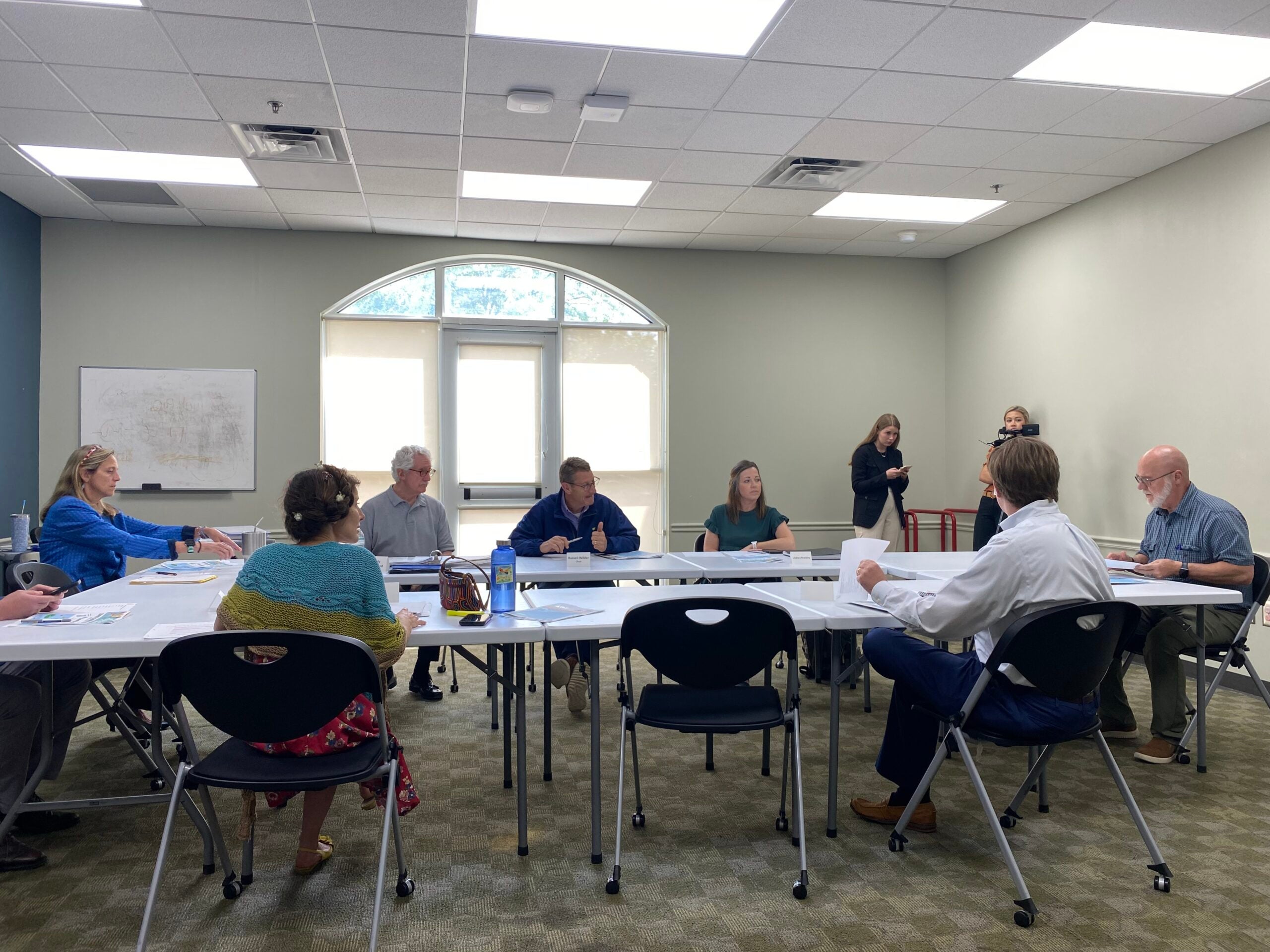Two community members voiced their opinions on books in the library during the Columbia County Library Board meeting on Tuesday, May 23.
Greta Vega said when she heard about a person asking the Columbia County Library and the Columbia County Board of Commissioners to “censure LGBTQ books by labeling them and shoving them into the adult section, I was actually appalled.”
Vega was referencing comments made by Priscilla Bence at the May 17 Columbia County Board of Commissioners meeting in regard to what Bence said was propaganda that can be found in some books in the Columbia County Library. She called on the board to protect children from it.
For Vega, she stated that relocating and labeling these books is censorship and something that shouldn’t happen in the United States, which is a democracy and has freedom of speech. She then started looking into what guides public libraries and found the American Library Bill of Rights and then read part of the passage to board members.
“The American Library Association affirms that all libraries are forums for information and ideas, and that the following basic policies should guide their services,” Vega read from the ALA website. “Books and other library resources should be provided for the interest, information, and enlightenment of all people of the community the library serves. Materials should not be excluded because of the origin, background, or views of those contributing to their creation. Libraries should provide materials and information presenting all points of view on current and historical issues. Materials should not be proscribed or removed because of partisan or doctrinal disapproval. Libraries should challenge censorship in the fulfillment of their responsibility to provide information and enlightenment. Libraries should cooperate with all persons and groups concerned with resisting abridgment of free expression and free access to ideas.”
Vega also spoke about the Freedom to Read statement, which she said states that ordinary citizens will “select the good and reject the bad” and that Americans are trusted to recognize propaganda and misinformation. She then went on to say these documents have stood the test of time and are needed now more than ever.
“As I said, the people who requested the books be labeled and moved probably believe they’re protecting the children,” Vega said. “I’m sure they have good intentions, but their kids will be exposed to so much worse on the playground, on the school bus, using their cell phone, looking at the internet and just experiencing real life. Libraries are here to help us prepare our children for the real world. So, in conclusion I would just like to say libraries should be open forums of information and provide access to all people regardless of their race, color, age creed and political affiliations.”
Heather Carey then spoke and said she was also against the action recommended by Bence of moving the books. She stated books allow people to get a view into the lives of others from their own points of view and understand the people around us.
“They can see themselves in the books others have written, and we can learn about the people that we’re dealing with every day and that will give us insight into our relationships with people and empathy,” Carey said. “It can only improve the way we all interact with each other.”
When it comes to children’s books, Carey said there will always be children who are different from their peers, whether that’s because of the color of their skin, their features, they speak different languages, they are neuro divergent, or have a disability with a visible aid. There are also kids who have different families, from a mom and dad to single parent to two moms or two dads or being adopted.
“There always have and always will be children whose home lives are different …the only difference in all of that is in recent times, it’s easier to find books published, written by or including people who have lived these experiences,” Carey said. “All of these children deserve to be accepted and not teased, ostracized or bullied by peers who don’t understand them, who haven’t been exposed to their experiences…All children deserve to see themselves in books and know they aren’t the only ones like them and that includes children’s book with pictures in the children’s section of the library for the kids that come across them,” Carey said.
Carey also stated the library is for everybody and one citizen or group of citizens shouldn’t be able to dictate who gets access to what in the library. By asking to move the books to a different section, it’s just like banning a book without banning it.
“A large part of visiting the library is browsing and finding a book you didn’t know existed, and if a library patron doesn’t know this book exists or doesn’t know to go looking for it in the adult section, they won’t know it’s there,” Carey said. “Which of course is the point of moving (the books). I suggest instead the disapproving parent should not check out or not let their children check out the books that they disapprove of. If a child happens to see something on the shelf of the library that does not align with the family’s values, then they should just talk about it and learn from it, teach your child.”
Board cpChair Russell Wilder said the board has been struggling with the issue of books and what belongs and doesn’t belong.
“We’ve been struggling with this, how to handle this,” Wilder said. “If we want to make our library accessible to everybody, or do we want it to be a snapshot of the community. That’s kind of what we’ve been going through, we’ve been following ALA guidelines that you brought up. Freedom of reading kind of guides libraries across the country, that’s kind of where we’ve been going regardless of our own personal opinion.”
Stephanie Hill is a staff writer covering Columbia County government for The Augusta Press. Reach her at stephanie@theaugustapress.com.










